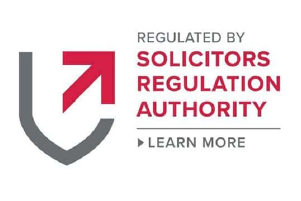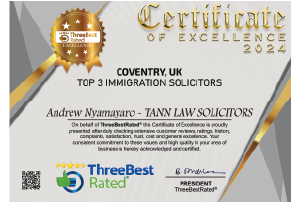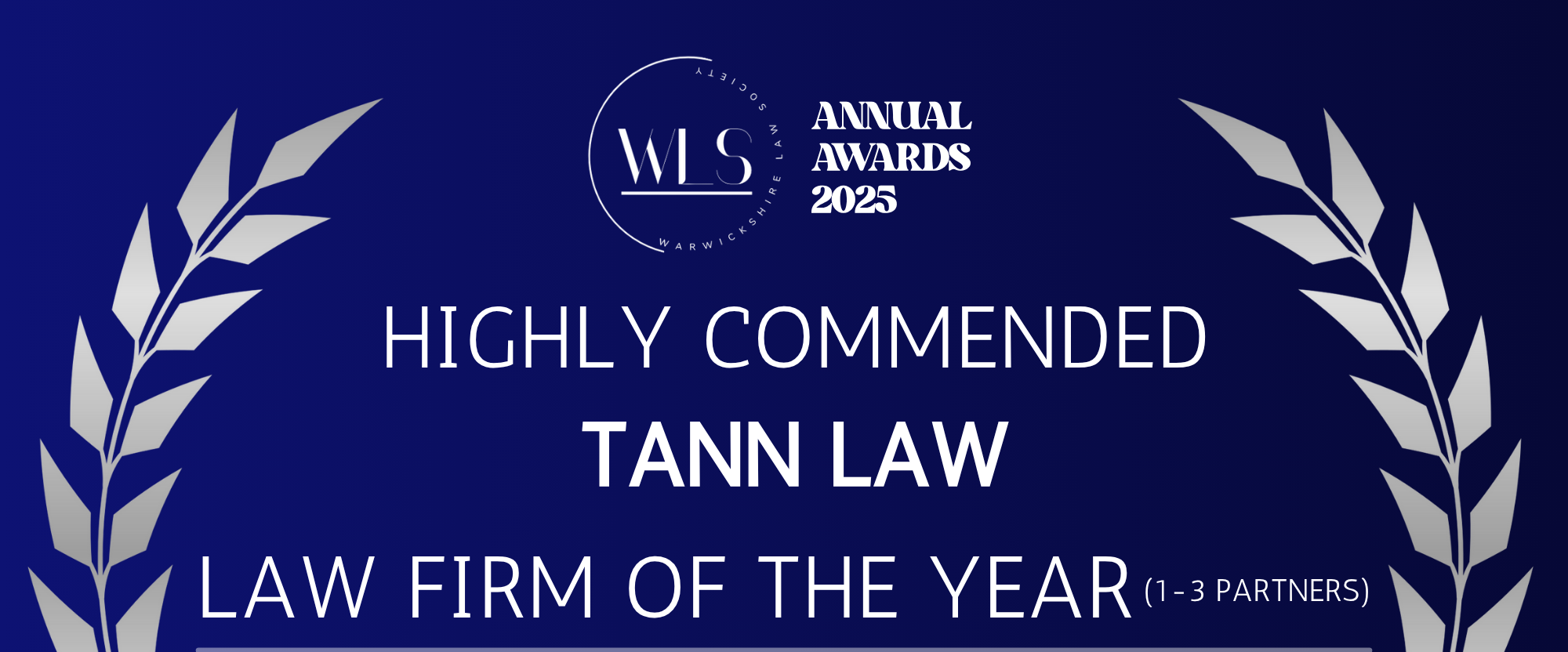General Probate Advice
Probate is the legal process that settles a person’s affairs and distributes their assets after their death.
Home » Personal Services » Wills, Trusts & Probate Solicitors » General Probate Advice
On This Page
What you Need to Know
When someone passes away, the term ‘probate’ is commonly used to describe the legal and administrative steps that take place to wrap up their affairs and allocate their assets to their beneficiaries.
It is a crucial process that ensures the finalisation of the deceased individual’s estate in accordance with the applicable laws and regulations.
What Is Probate?
A grant of probate is a legal document given by the Probate Registry that entitles the executor or administrator of an estate to manage the deceased’s affairs and to make all necessary arrangements to close the estate.
Each estate and each Will are unique. Probate procedures differ according to the instructions provided in the will and the estate’s assets, creditors and beneficiaries.
The executor’s basic procedure is as follows:
- Compile a complete list of the estate’s assets and liabilities.
- Submit an Application for Probate (permission to administer the estate and pass out inheritance)
- Complete an estate tax form and make any required payments.
- You are granted Probate
- Repay any outstanding bills owed by the dead
- Distribute the remainder of the estate in accordance with the will’s directions.
Additionally, Probate might be problematic if there are disagreements between the executor, beneficiaries, creditors, or HMRC. Our probate solicitors are available to advise and assist you at any level of the probate process.
How Long Does the Probate Process Take?
This will take approximately a year for the majority of estates. The duration of the process will vary according to the size and complexity of the estate. International Probate is typically more complicated and takes between six months and two years to complete.
Occasionally, disagreements between the executor, beneficiaries, creditors, or tax officials might arise during Probate. These disagreements can cause you to be late in administering the estate.
Who Is Eligible To Apply For Probate?
Only the executor appointed in the decedent’s Will has the authority to seek for Probate in order to administer the estate. If you have been named executor but do not wish to run the estate personally, we can file the necessary paperwork for you.
Without a will, a person is considered to have died intestate. The regulations governing intestacy will specify who may apply to administer the inheritance in lieu of the testator.
Do You Need Probate if There Is a Will?
Yes — in many cases, you still need probate even if there is a valid will. Probate is generally required when:
- The estate includes property (like a house or land).
- There are significant bank accounts, investments, or insurance policies.
- Financial institutions ask for a grant of probate before releasing funds.
However, if the estate is small or all assets are held jointly (e.g. between spouses), probate may not be necessary. It’s always best to seek legal advice on probate to clarify your obligations and avoid delays or legal issues.
What Is the Cost of Probate?
Each of our customers at Tann Law Solicitors receives very personalised service. The pricing will vary depending on the scope of service you require. When you speak with a member of our staff, we’ll:
- Determine the amount of work required based on your requirements and the size of the estate.
- Provide you with an estimate of our fees prior to commencing any work.
- To ensure your peace of mind, always request a fixed-fee quote.
To view a breakdown of our probate fees or to discuss your case further, please contact us
What Are The Beneficiary’s Rights?
A beneficiary is someone who is owed money from an estate. If you are a beneficiary under a Will, you have certain beneficiary rights that the executor of the estate is required to follow.
If the deceased left a legal Will, the Will would list the beneficiaries of their inheritance. If there is no valid Will, the beneficiaries will be determined under the norms of intestacy.
During the probate process, beneficiaries have a right to information. It is the executor’s job to keep beneficiaries informed of the progress of the estate administration. They must maintain estate records and make them available to beneficiaries upon request.
Beneficiaries may sue an executor if the executor violates these rights or if the executor otherwise mismanages the estate.

Our dedicated team of probate solicitors brings extensive experience in handling probate matters, ensuring efficient navigation through the complexities of the probate process. We understand that each estate is unique and offer tailored solutions to meet your specific needs.
Whether it’s compiling asset and liability lists, completing probate applications, or resolving disputes, we provide custom solutions.
Our probate solicitors are well-versed in resolving conflicts that may arise among executors, beneficiaries, creditors, or tax officials, ensuring smooth estate administration.
We believe in transparent pricing, providing upfront estimates based on the scope of service required. Whether you’re an executor named in a will or eligible to administer an estate without a valid will, our team guides you through the necessary paperwork and legal processes.
If you need to contest or amend a will, we offer guidance and support to ensure accuracy and compliance with the deceased’s wishes. As a beneficiary, we uphold your rights during the probate process and take necessary legal action if the executor fails to fulfil their obligations.
Additionally, if you require amendments to a valid will, our probate solicitors can assist in creating a deed of variation or a deed of family arrangement, making the process as smooth as possible.
Book Your Consultation Today










Get In Touch
"*" indicates required fields
